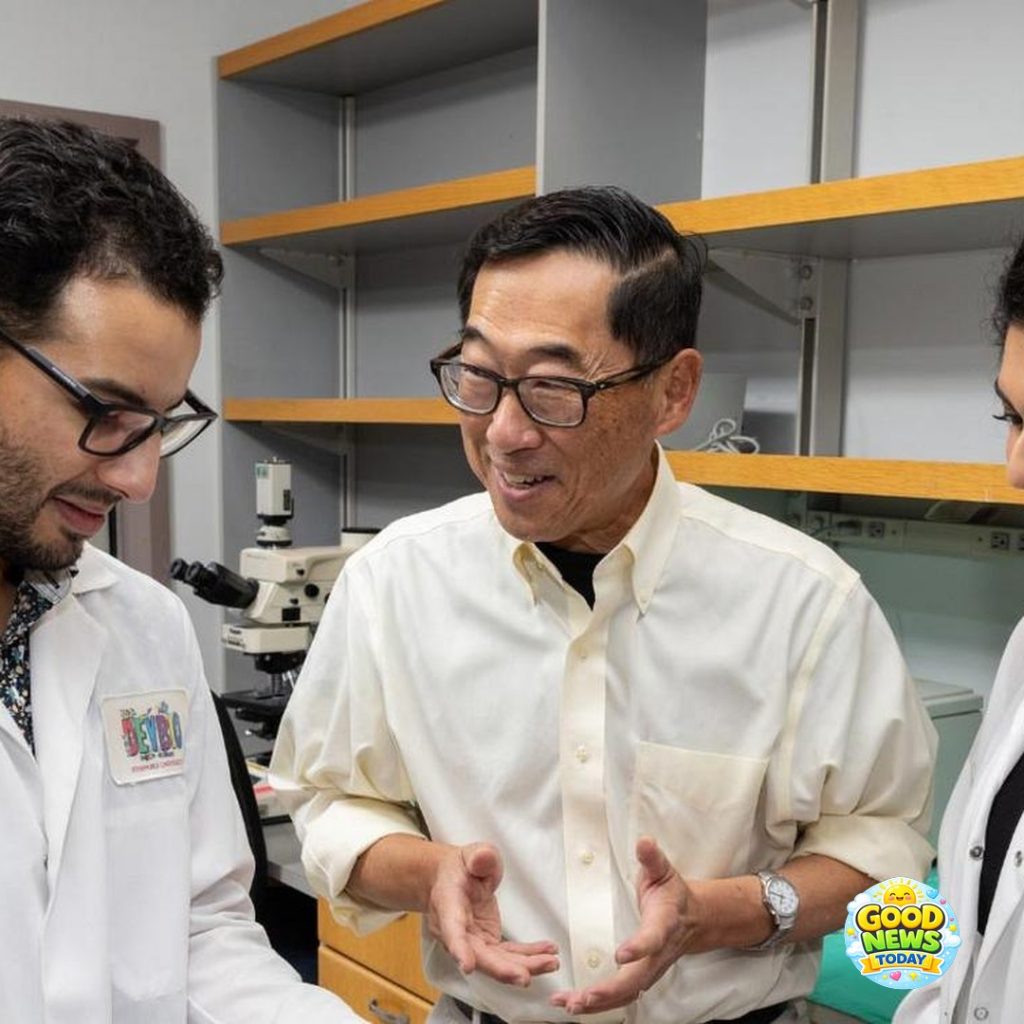Debbie Stevens, a compassionate employee, made an extraordinary gesture by donating a kidney to her terminally ill boss, Brucia, hoping to save his life. Yet, just months after the life-saving surgery, Stevens found herself abruptly fired—a decision that has ignited widespread shock and debate across social media and the broader public.
Stevens was not a direct match for Brucia, which would have complicated the transplant process. However, her willingness to donate her kidney played a critical role in facilitating Brucia’s surgery. By donating to a compatible recipient already on the kidney transplant list, she effectively advanced Brucia’s position on the waiting list—a process known as paired kidney donation. This selfless act gave Brucia the chance he desperately needed for a new kidney.
Following the transplant, Debbie Stevens experienced significant complications related to the surgery. Despite these health challenges, she reported feeling pressured by her employer to return to work prematurely. Several weeks after attempting to resume her duties, Stevens was suddenly terminated, with the official reasoning cited as her taking what was deemed “too long to recover.”
The circumstances surrounding Stevens’ firing have stirred controversy, with critics accusing Brucia and the company of ingratitude and a blatant disregard for employee health and well-being. Many social media users have expressed disbelief at the idea of an employer firing an employee who went above and beyond by donating an organ to save their life.
“To donate a kidney to your boss and then be fired for not getting back fast enough is shocking,” commented one user on a popular social platform. “This raises serious questions about workers’ rights and medical leave protections.”
Healthcare experts highlight that recovery from kidney donation surgery can vary greatly, often requiring several weeks to months of reduced activity to allow proper healing. The surgery, though generally safe, carries risks such as infection, pain, fatigue, and other complications. Pushing patients to return to physically demanding work too soon can worsen health outcomes and jeopardize long-term recovery.
While it remains unclear if Stevens has pursued legal action or if any formal investigations into the termination are underway, the case has sparked national discussions about the ethics of employer expectations following major medical leave—especially when the leave results from such an altruistic act.
Stevens has made public statements expressing her dismay and heartbreak over the situation. “I gave part of myself to save a life,” she said. “To be dismissed like this has been devastating.” She hopes her story will raise awareness about the need for compassionate workplace policies that respect employees’ health journeys.
This troubling episode sheds light on the complexities surrounding organ donation, workplace rights, and the human costs of medical recovery in professional environments. As Debbie Stevens continues to recover, many are calling on companies and lawmakers to better protect employees who face health challenges after undergoing life-altering medical procedures.
What happens next for Debbie Stevens remains to be seen, but her story serves as a powerful reminder of the sacrifices some make in the name of humanity—and the urgent need to balance those sacrifices with fairness and dignity in the workplace.



